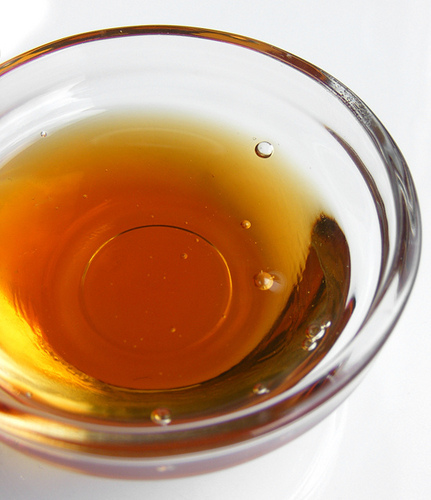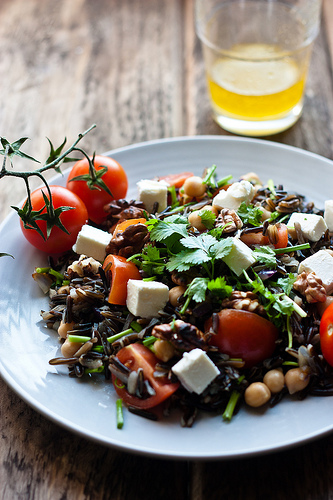
by Alexander Bohan
People with high levels of LDL cholesterol are at risk of developing heart disease. By making a small change to your diet, you can lower your LDL cholesterol levels and protect yourself from heart disease.
Plant sterols, which occur naturally in many plant-based foods, have been proven to lower cholesterol. The American Dietetic Association recommends eating plant sterols every day as part of a healthy diet to reduce LDL cholesterol and therefore lower the risk of heart disease.
How Do Plant Sterols Work?
Plant sterols block the absorption of LDL cholesterol from the digestive system into the blood. On a molecular level, plant sterols are very similar to cholesterol, which means they are taken up instead of cholesterol at the absorption sites in the gut. As a result, the amount of cholesterol in the blood is much lower in people who regularly eat plant sterols.
Ruth Frechman, a registered dietician speaking on behalf of the American Dietetic Association, has mentioned that eating “three servings a day can reduce cholesterol by 20 points.”
Her words are backed up by various studies, including one in which 72 people with slightly raised cholesterol were each given two grams of plant sterols every day. After eight weeks, the researchers found that LDL cholesterol levels in the blood decreased by an average of 12.4%.
In response to studies demonstrating the positive effect of plant sterols on heart health, the FDA approved a claim that eating two servings, each of at least 0.65 grams, of plant sterols per day as part of a healthy diet can reduce the risk of heart disease.
Which Foods Contain Plant Sterols?
Plant sterols are found naturally in many foods, including those listed below:
Vegetable Oils
• Olive oil contains 176 mg of plant sterols per 100 g.
• Soybean oil contains 221 mg of plant sterols per 100g.
• Flax seed oil contains 338 mg of plant sterols per 100 g.
• Rice oil contains 1055 mg of plant sterols per 100g.
These sterol-containing oils are a heart-healthy alternative to butter, lard and other oils used in cooking.
Nuts
Cashew nuts, almonds, pistachios and walnuts all contain more than 100 mg of plant sterols per 100 g. Nuts are a great source of plant sterols, as well as healthy dietary fiber, but they are also high in fat, so should be eaten in moderation.
Legumes
Peas and beans are low-calorie sources of plant sterols. A 100-gram serving of peas contains 135 mg of sterols, while kidney beans and butter beans both contain more than 120 mg per 100 g. Peas and beans also contain vitamins and minerals essential to human health, as well as being excellent vegetarian sources of protein.
Replacing some of the meat in your diet with vegetarian meals based on beans and other legumes is good for your heart: red meat is high in cholesterol and saturated fat, whereas beans actively lower cholesterol and keep your heart healthy.
Foods Supplemented With Plant Sterols
It can be difficult to get the recommended 1.3 grams of plant sterols every day from natural sources. Fortunately, there are many foods available that are supplemented with plant sterols. One of the most convenient supplemented foods to work into your diet is sterol-fortified spread, which can be used as an alternative to butter or margarine.
You can also buy fortified yogurts, fruit juices, granola bars and bread. Including these products in your diet in place of your usual snacks can help to lower your cholesterol, if you eat them as part of a healthy diet.
Why Eat Plant Sterols?
Consuming plant sterols is an effective and safe way to take charge of your health. Most people experience no side effects from eating small amounts of plant sterols, and their cholesterol-lowering power is well-documented. Make use of these natural compounds to keep your cholesterol levels in check and keep your heart healthy.
(This guest post is contributed by Alexander Bohan on behalf of NaturesBest.co.uk – visit the website to find out more about plant sterols. Alexander is a fitness and wellbeing instructor. He is also a freelance writer who enjoys writing on optimum health and fitness.)




